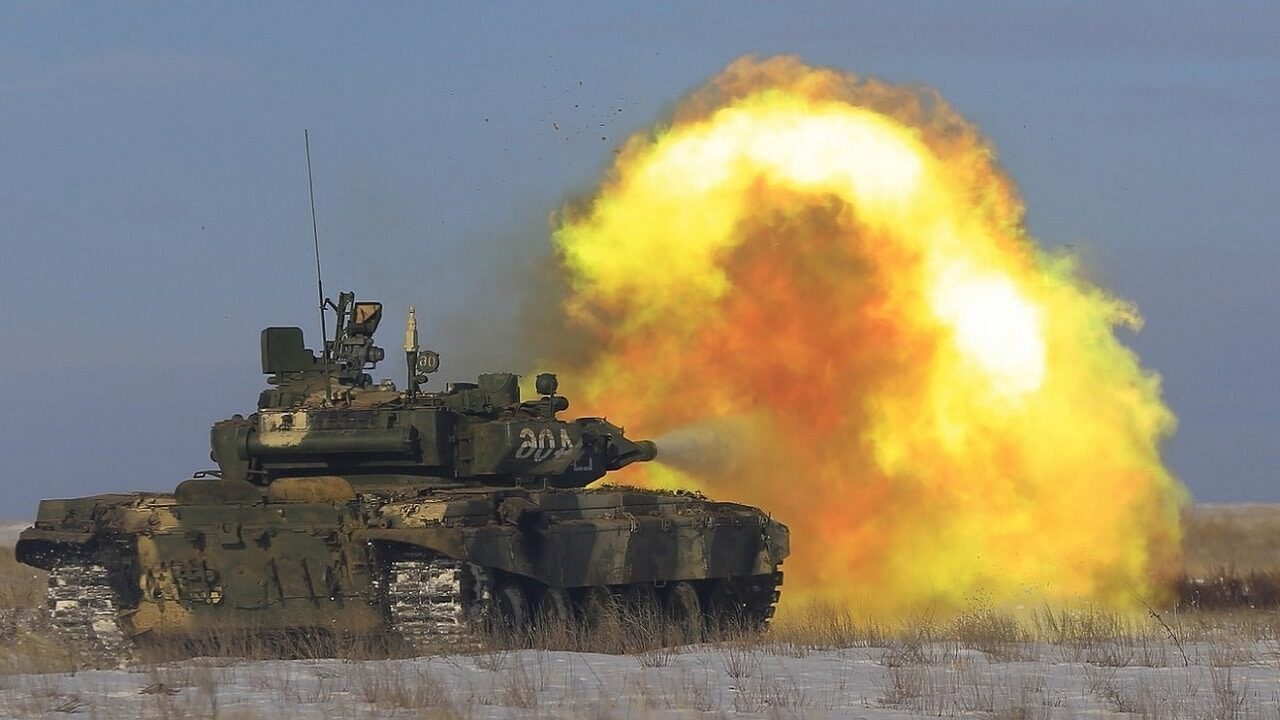The domestic economic fallout from Russia’s Ukraine invasion would suggest that economics is not Vladimir Putin’s long suit.
Mr. Putin’s belief that he had sanction-proofed the Russian economy in advance of the Ukraine invasion would now seem to be in tatters.
This is underlined by the fact that his country now finds itself on the cusp of an economic and financial crisis of epic proportions. Mr. Putin’s belief that Europe’s high dependency on Russian energy supply gave Russian substantial economic leverage over the West has been belied by the unusual unity that the Western countries have displayed in imposing crippling sanctions on the Russian economy.
Over the past eight years, having learned from his experience with the 2014 annexation of Crimea, Putin went to great lengths to make his country what he believed to be sanction-proof before he embarked on his next Ukrainian adventure. Among the more important measures taken was to build up a massive arsenal of international reserves. These now total around $630 billion equivalent to approximately a third of the size of the Russian economy.
Mr. Putin also engaged in budget belt-tightening that allowed the country to reduce the size of its public debt to 20 percent of GDP and he took steps to diversify Russia’s trade away from Europe and the United States.
Russia’s massive international reserve arsenal lulled Mr. Putin into a false sense of security. He truly believed that those reserves would allow him to compensate Russia’s banks and companies for any damage that Western sanctions might impose on them. He also believed that those reserves would enable the Russian central bank to support the currency in the event that sanctions weakened the country’s balance of payments.
The one thing that Mr. Putin did not count on was that, despite its very high dependence on Russian oil and natural gas, Europe would stand shoulder to shoulder with the United States in taking far-reaching measures against Russia that would breach its economic defenses. In particular, he did not anticipate that the West would go as far as freezing the Russian central bank’s assets held in Western central banks. Nor did he anticipate that key Russian commercial banks would be shut out of the SWIFT payment system.
Anyone doubting that Russia’s economic defenses have been more than breached needs only take a look at what is happening on the ground.
Since the start of the year, the ruble has lost more than 25 percent of its value and now buys less than one US cent. This has forced the Russian central bank to double its interest rate to 20 percent. Meanwhile, long lines have formed outside banks by depositors wishing to withdraw money. That has forced the Russian central bank to issue desperate reassurances that the banks are sound. At the same time, the stock market has plummeted by more than 50 percent, which has forced the government to shut down the stock market.
Historically, currency collapses and bank runs generally do not end well for economies that experience them. The currency collapse and bank run now occurring in Russia will prove to be no exception. As occurred during the 1998 Russian financial market crisis, it would seem to be only a matter of time before the country is forced to adopt a draconian exchange market and capital controls that will cripple the economy. This prospect is now prompting the Institute for International Finance to believe that Russia is almost certain to default on its debts and to experience an economic collapse.
This is all not to say that Russia’s economic free fall will deter Mr. Putin’s single-minded effort to subdue Ukraine to his will. However, it is to say that when the dust settles, Mr. Putin must expect a domestic backlash at home from an economically impoverished Russian citizenry.
Desmond Lachman joined AEI after serving as a managing director and chief emerging market economic strategist at Salomon Smith Barney. He previously served as deputy director in the International Monetary Fund’s (IMF) Policy Development and Review Department and was active in staff formulation of IMF policies. Mr. Lachman has written extensively on the global economic crisis, the U.S. housing market bust, the U.S. dollar, and the strains in the euro area. At AEI, Mr. Lachman is focused on the global macroeconomy, global currency issues, and the multilateral lending agencies.

